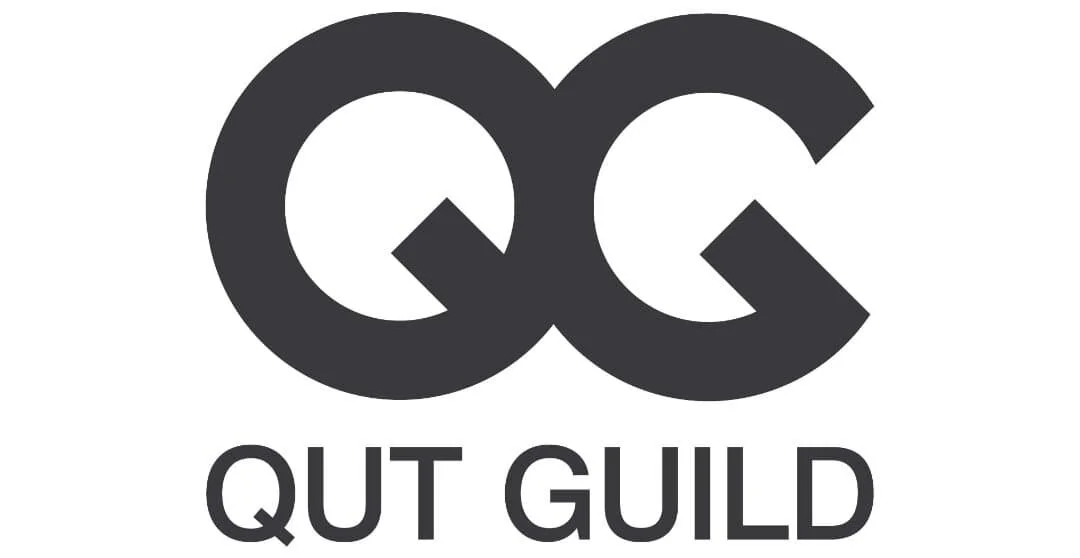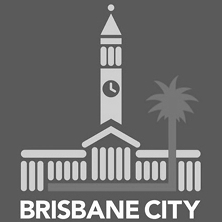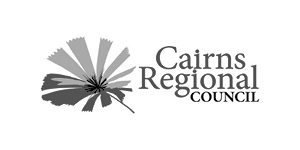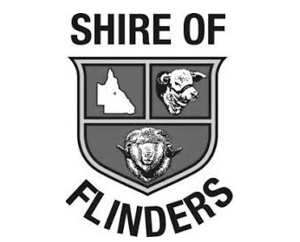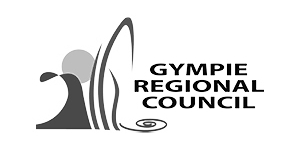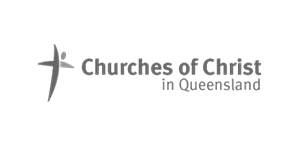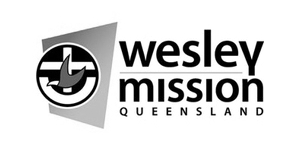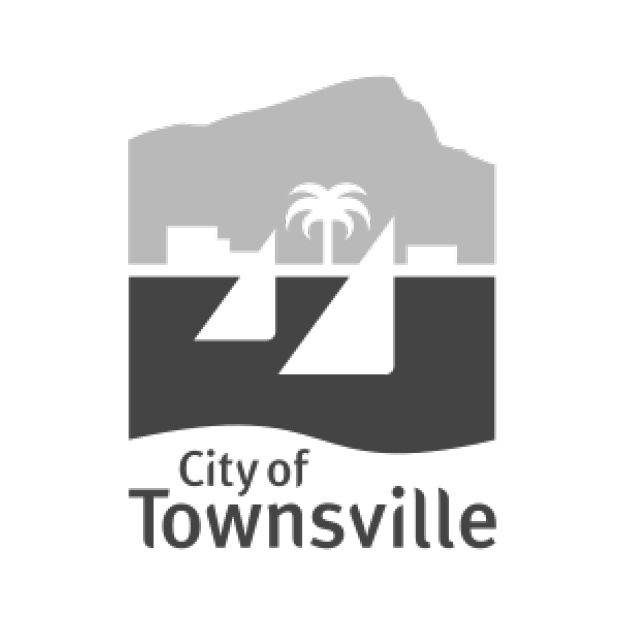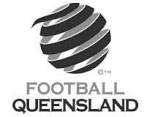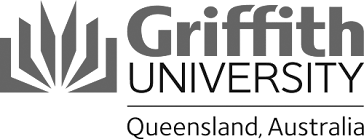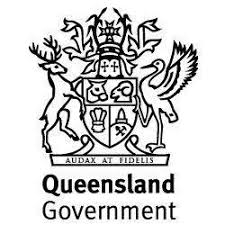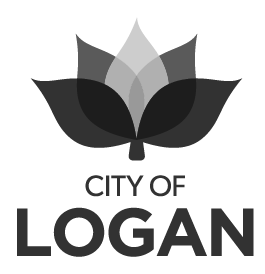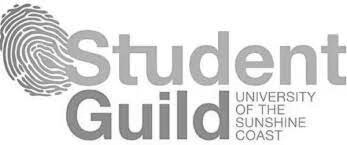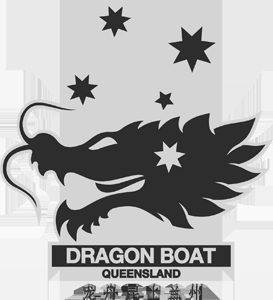Australian clubs, associations and organisations experience a wide array of risks throughout the year. These risks include everything from natural disasters through to losing volunteers. However, over the last few years we have seen a rise of another kind of risk that could result in committee members being liable if they turn a blind eye to the problem.
This type of risk is related to the culture within clubs and how volunteers, members and visitors are treated. Recent and ongoing stories about major Australian sporting bodies have fallen into the spotlight for all the wrong reasons. These organisations have seen allegations of assault, sexual harrasment, embezzlement and a negative culture.
If these issues are happening at national and international levels and these sports organisations are being closely scrutinised in the media, there is a good chance that similar issues could be found in local community clubs.
Unfortunately, no club or organisation is immune from cultural risks. When issues occur, most of the time the committee or board hasn’t suspected misconduct as they have confidence in the seemingly sufficient policies and rules they have in place.
It’s not a problem, until it is.
Community clubs are either incorporated or unincorporated. If a club is incorporated, its constitution will limit its liability by guarantee. Even so, cultural risks are still present, especially if the constitution is out of date or if relevant policies have been overlooked. Financial loss and reputational damage can arise if policies are not adhered to or updated.
In the less-common case of unincorporated clubs, individuals who are in coordinating roles can be at a higher risk of personal liability. Given that incorporation legislation has been in force in every Australian state and territory for many decades, most formal clubs are now incorporated. But the rise in informal groups calling themselves ‘clubs’, even though they simply organise social sporting activities through social media groups, could potentially expose group admins to personal liability should someone be harmed, by accident or through cultural shortcomings of the group.
Management committee and board members need to be aware of the following common mistakes and avoid them to protect their clubs, organisations and members as much as possible:
An outdated constitution. Constitutions are essential for clubs and organisations, as they set the overarching rules that the organisation needs to follow to meet the requirements of incorporation. At CPR Group, we advise not-for-profits to review their constitutions approximately every 3 years to ensure it incorporates any changes to the legislation or regulations and so that it remains relevant to the organisation’s current operations.
Outdated or missing policies. Policies relating to matters such as harassment, child safety, discrimination and bullying need to be kept up do date to ensure fair treatment of all members. Flowing on from these policies, we recommend that member and child protection plans and disciplinary processes be documented and updated annually. These documents should be made readily available to members to demonstrate an organisation’s commitment to its stakeholders. Some organisations make written agreement to abide by these policies and procedures a requirement of membership.
Expired strategic plan. A strategic plan should serve as a road map for a club or organisation, explaining where you expect to be in the next three to five years. Strategic plans should be renewed when they reach their end date and we recommend annual reviews. Each year, you should ensure your strategic plan provides guidance on the organisation’s culture, addresses changes that have occured over the last year and you can use it to devise your annual operational action plan to bring the strategic plan to life.
A lack of annual committee or board member inductions. To ensure that committee or board members are properly inducted, they should be provided with relevant documents, such as the constitution, policies, codes of conduct, the strategic plan and copies of recent financial reports. As it is these people who are the legal representatives of the organisation, it is important they understand its inner workings and potential areas of risk
We understand that local clubs and organisations are run by volunteers - the individuals and parents who are dedicated to their organisation and the community. With everyone leading busy lives, it’s vital that your committee members are properly inducted and that your organisational documents adequately deal with culture, harassment, bullying, abuse and the appropriate management of funds. Regularly review and update your fundamental documents so that you can be prepared by being aware of the range of risks facing community organisations.
If you think your constitution needs updating, CPR Group can conduct an initial assessment at no cost, to provide you with points where it may fall short. CPR Group Free Assessment
CPR Group delivers face-to-face or online board induction sessions to explain the fundamental aspects of being on a committee or board.
Contact the team at CPR Group today for all your governance and planning needs. www.cprgroup.com.au/contact




